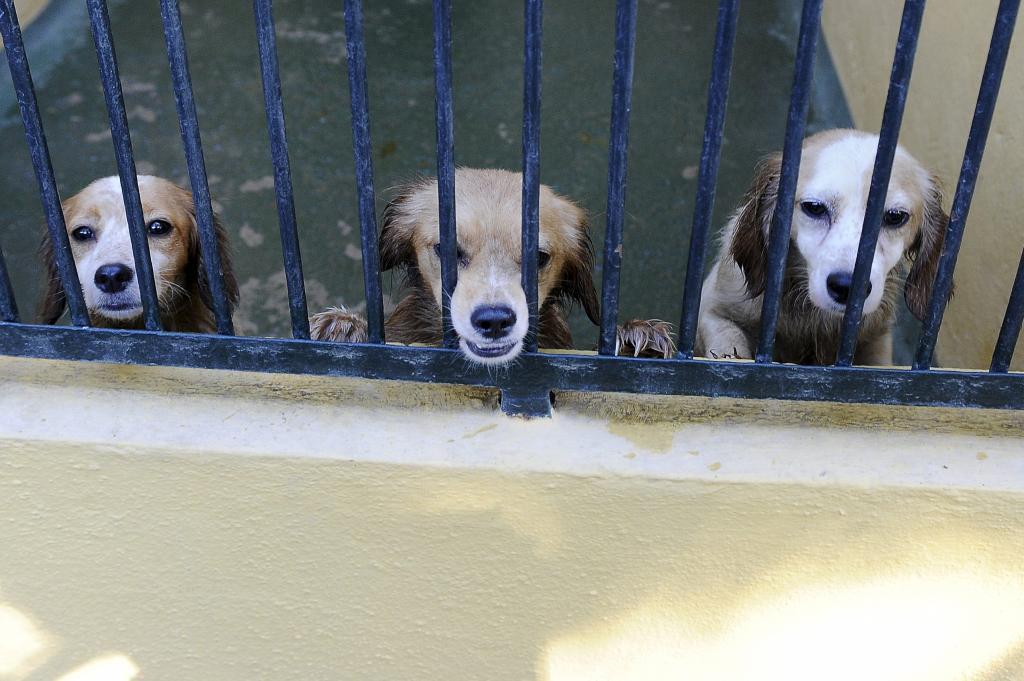The week that was
Walking the dog
A heartening aspect of the crisis is the fact that fewer pets are being abandoned. The Son Reus centre in Palma said last week that the numbers were down by some 50%, adding that it has been getting requests for adoption - something that is a trifle awkward to arrange just at present.



1 comment
To be able to write a comment, you have to be registered and logged in
I WOULD LIKE TO GO FOR A WALK. BUT I WILL BE CONFRONTED WITH PILES OF DOG MESS!!!!.